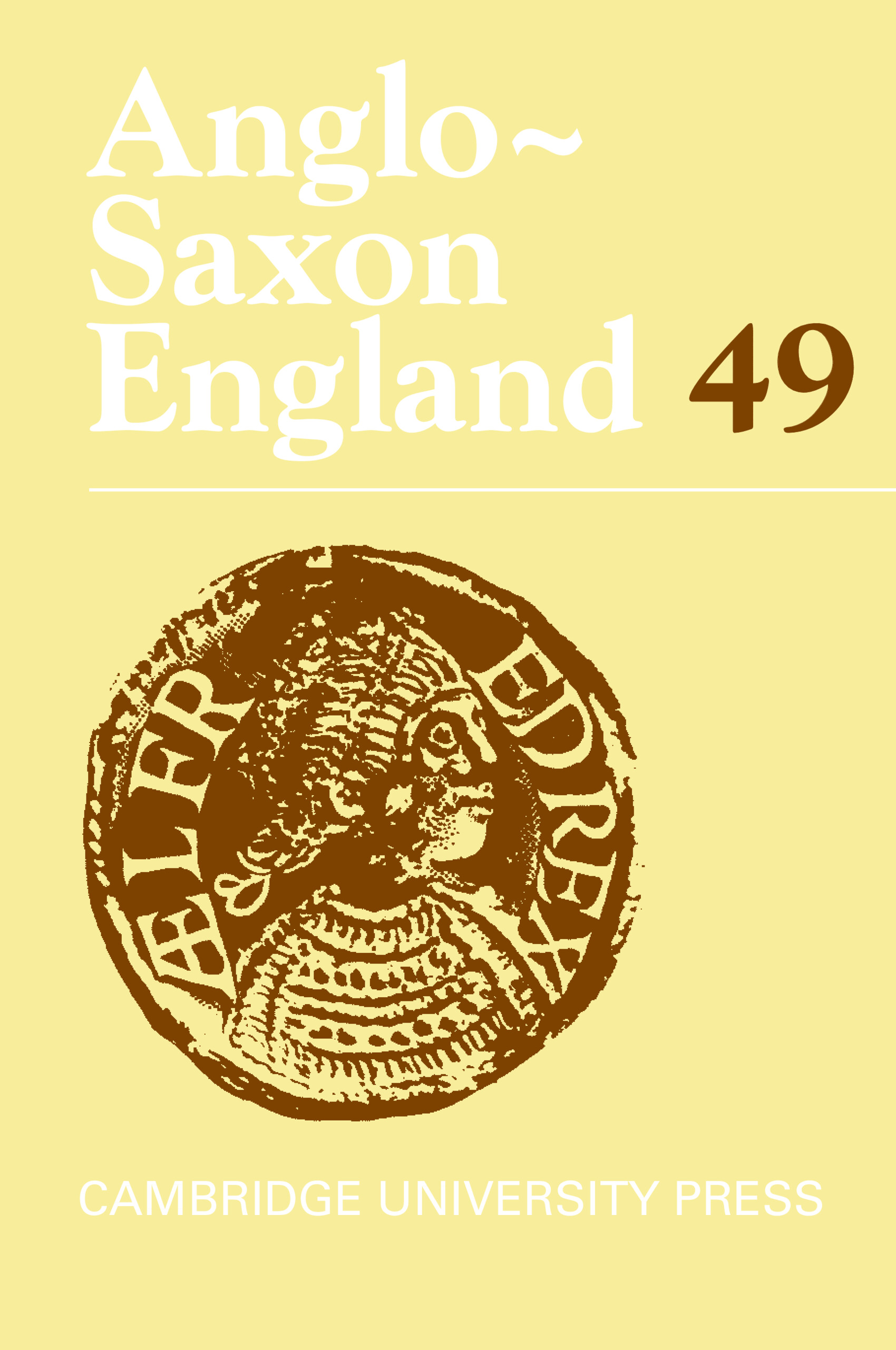Article contents
The Old English Bede and the construction of Anglo-Saxon authority
Published online by Cambridge University Press: 12 May 2003
Extract
The translator of Bede's Historia ecclesiastica faced a daunting task. His source text had behind it the authority of a well-known, learned English saint, and a translation of the work would inevitably be a step removed from that saint. How could the translator convince the audience that his translation possessed authority? Alfred's prefaces to his translations and Wærferth's preface to the Dialogues gain the confidence of the readers or hearers through their explicit discussion of motives and methods of translation. By contrast, the Old English Bede authorizes itself not through any overt claims in an original preface but through strategic translations of the Latin preface and of the text itself. The Alfredian prefaces thus provide valuable points of comparison and contrast for the Old English Bede. All the translations assert continuity between source text and translation while replacing the source text in different ways. Alfred and Wærferth reveal their identities as translators and make claims for their own authority while the translator of the Old English Bede relies on the authority of Bede himself; Alfred and Wærferth argue for the ability of Old English to render Latin, while the translator of the Old English Bede simply provides a text in Old English.
- Type
- Research Article
- Information
- Copyright
- © 2002 Cambridge University Press
- 3
- Cited by




